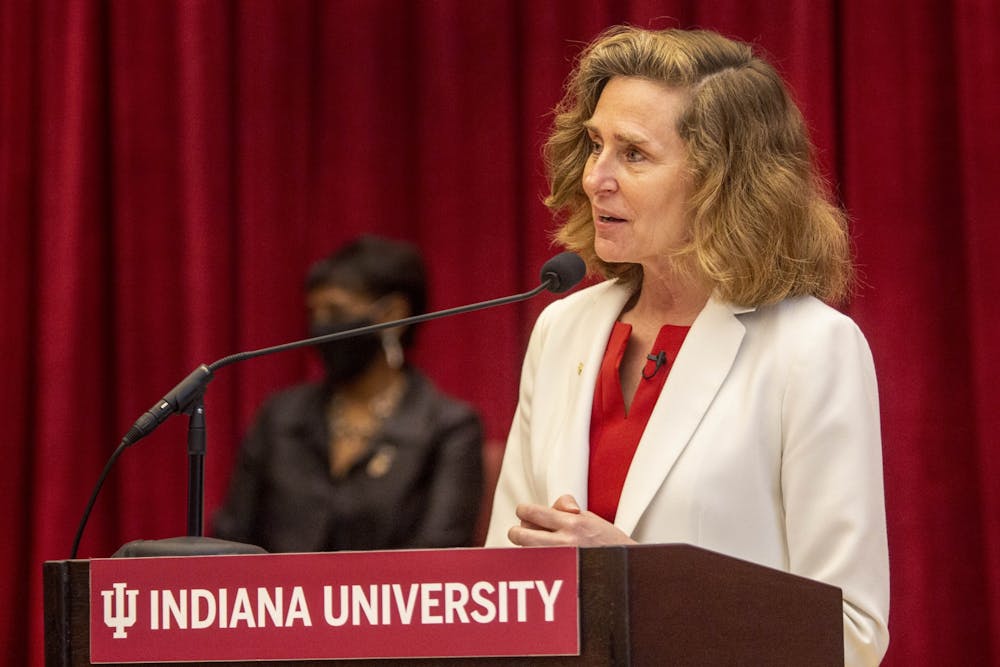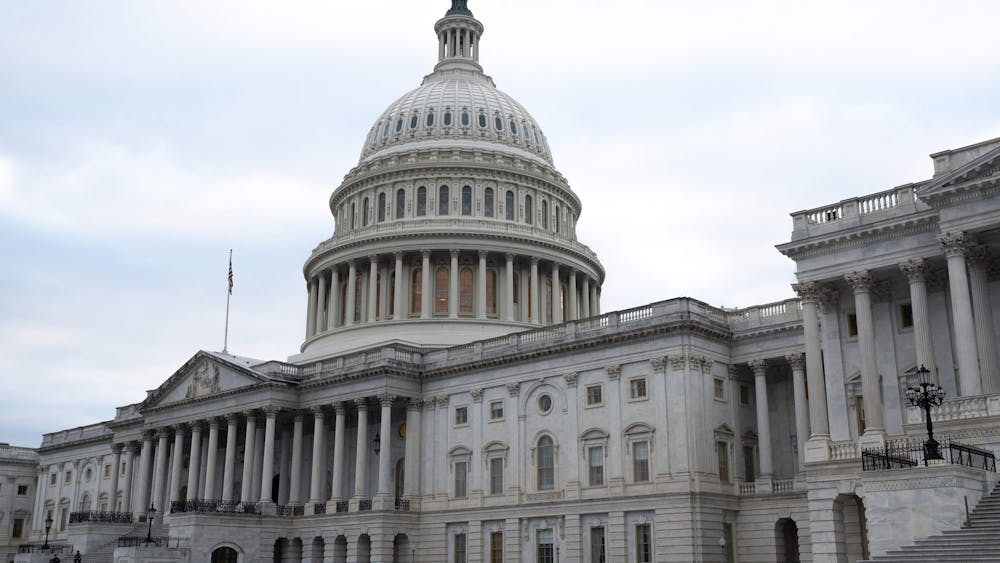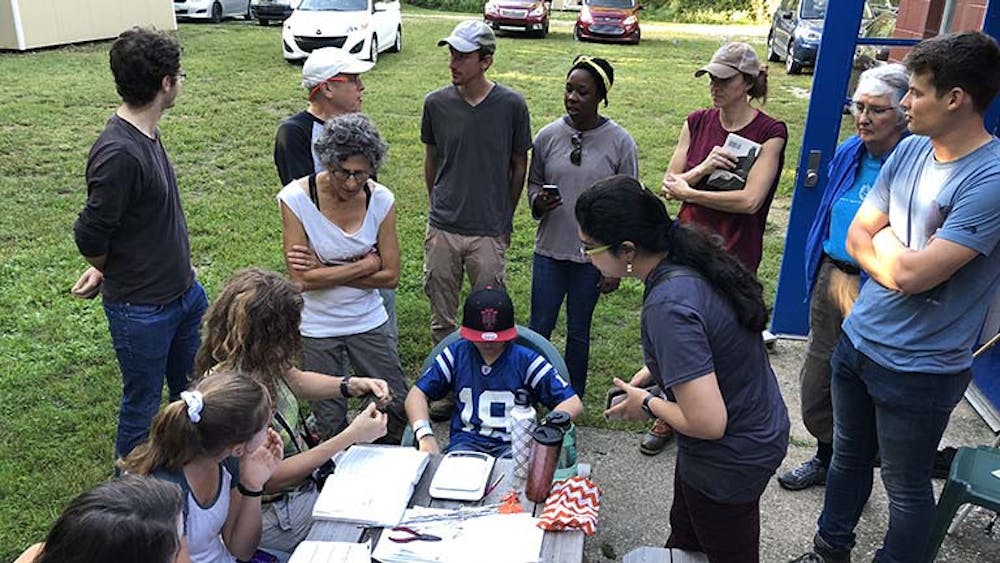The IU Board of Trustees named Pamela S. Whitten the 19th president of IU during a special meeting on April 16. Whitten is the first female president of the university and will replace IU’s 18th President Michael McRobbie to begin serving on July 1.
Whitten had served as the president of Kennesaw State University since 2018 and previously served as the senior vice president of academic affairs and provost at the University of Georgia.
During her introductory press conference, Whitten said increasing diversity at IU is one of her key goals and she planned to learn about IU’s current diversity and challenges.
Cynthia Wu, IU assistant professor of gender studies and Asian American studies, said she thought highly of Whitten in her position as president of Kennesaw State University, which has a very diverse student body.
According to Kennesaw State’s subcommittee on faculty, 41% of the student body comes from underrepresented populations.
“I think that's somebody who has experience heading in an educational institution like that could bring a lot to IU,” Wu said.
Whitten assisted in increasing Kennesaw State’s diversity by elevating the Chief Diversity Office into a cabinet position, according to an Indiana Daily Student article covering her election. During her time at Kennesaw State, the percent of the nonwhite student body population increased by 5.6%.
Wu said the ability to lead a racially diverse institution is incredibly important because demographics in the state of Indiana are rapidly changing.
According to a Purdue study tracking 21st century diversity in Indiana counties, the minority, nonwhite, share of the population increased in Indiana from 2000 to 2018. The Black non-Hispanic population increased by 1.1%, the Asian non-Hispanic population increased by 1.4% and the Hispanic population doubled in rural counties.
“There are high school students who today are, by and large, of color,” Wu said. “Many of them are nonwhite, many of them are the children of immigrants, so demographically Indiana is at a moment in its history when it is rapidly rapidly changing,”
Having a president who is able to lead a university that represents those demographics, Wu said will allow IU to avoid falling behind when Indiana is evolving.
Wu said she had full confidence in the search process and the committee that was assembled. IU’s presidential search was conducted in confidentiality, with no candidate names released until Whitten’s announcement on April 16.
Steve Sanders, IU professor of law, said he wished more insight was given as to why the presidential search committee and the Board of Trustees chose Whitten as president.
“I think it's still unfortunate because I believe that there should be more openness in a process like this,” Sanders said. “I would want to know from the faculty members who served on that committee, you know, how did this happen, how did this decision get made.”
Sanders also said he struggled to understand how Whitten was the best candidate when her previous presidential experience is from a university very different from IU.
“It's a commuter school, not a residential campus,” Sanders said. “It doesn't have the research profile. It doesn't have the national and international level of prestige that Indiana University does.”
Thomas French, IU Riley endowed chair in journalism and professor, said in general, transparency is important and IU should embrace it, like other public institutions.
“I think transparency matters, obviously in this decision, but it matters in an awful lot of the university's business,” he said.
French said all he knew about the selection process was from what he’s read in the IDS and on Facebook. In general, he said it would benefit everyone for the university to embrace more transparency in general.
“It would be really helpful for students and faculty to know a lot more about the university and how it works,” French said. “In general, I think that is really important.”
French said he wishes Whitten well and hopes she is able to provide the leadership IU needs.
IU spokesperson Chuck Carney said IU has been open about the presidential search being confidential since the first press release in October. In the initial release IU announced that the Board of Trustees approved two committees, presidential search and advisory, to conduct and advise the search for a president.
Carney said the reason the process is confidential because of the caliber of leaders IU expected to attract and is to allow the university to have a wider field of candidates because many would not be willing to apply without a confidential search since they have high-profile positions at other institutions.






